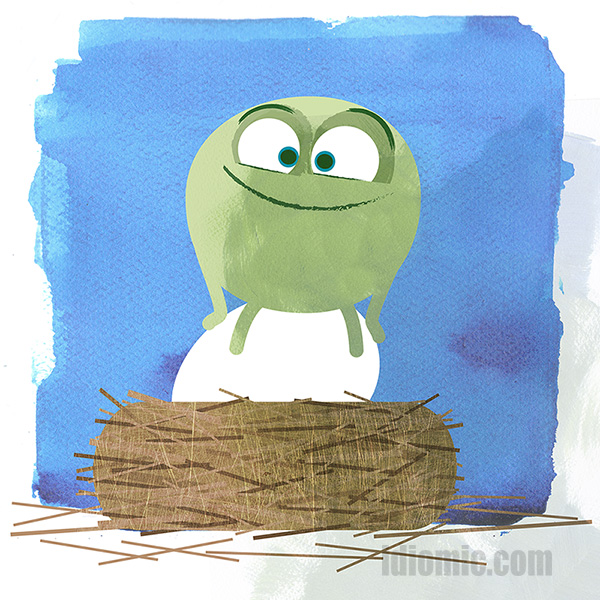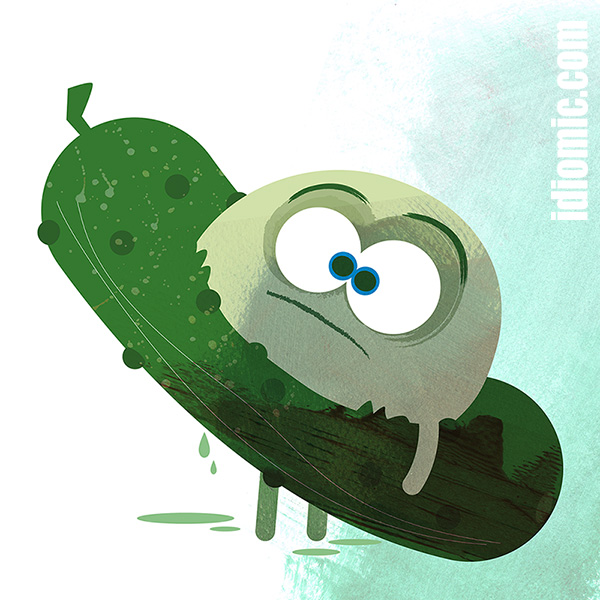Definition: To be completely, irretrievably dead, or for an inanimate object; completely useless
Example: No matter how many times he turned the key, Gerry’s piece of garbage Chevy refused to start. It was as dead as a doornail.
Origin:
This is one of the oldest idioms that can be found in print, going back to the fourteenth century.
But why doornails as a comparison for death?
To better explain the reason, maybe we should look at exactly what a doornail was back then. If you go into your local Home Depot or B&Q today, you’d be unlikely to see a big bucket labelled ‘doornails’.
Doors would have been heavy slabs of wood, often with iron reinforcements. The nails used to bind them together were long, flat headed beasts that would have been driven through the door, with the protruding end bent over and hammered flat. In the 1300’s, all iron hardware would have been valuable. There was no mass production. Each piece was hand made. So none was wasted. If a door had reached the end of its usefulness, all the hardware would have been stripped from it for reuse. However, the doornails, having been bent and hammered would be unusable. They were useless. They were dead.
Well, its a theory.
There have been other ‘dead as’ phrases. There was ‘dead as mutton‘ which has fallen out of fashion, just like mutton. And there is the still popular ‘dead as a dodo‘ which uses the comparison to the world’s most famous extinction. It also reminds us as to how much, we, as a race, are screwing up the planet. If we’re not careful, we’ll all be as dead as a dodo as well. Or even a doornail.






